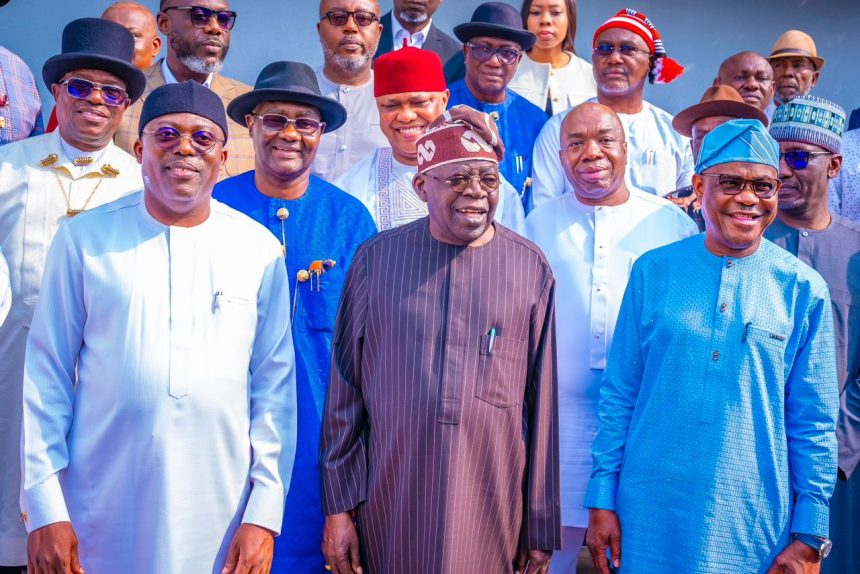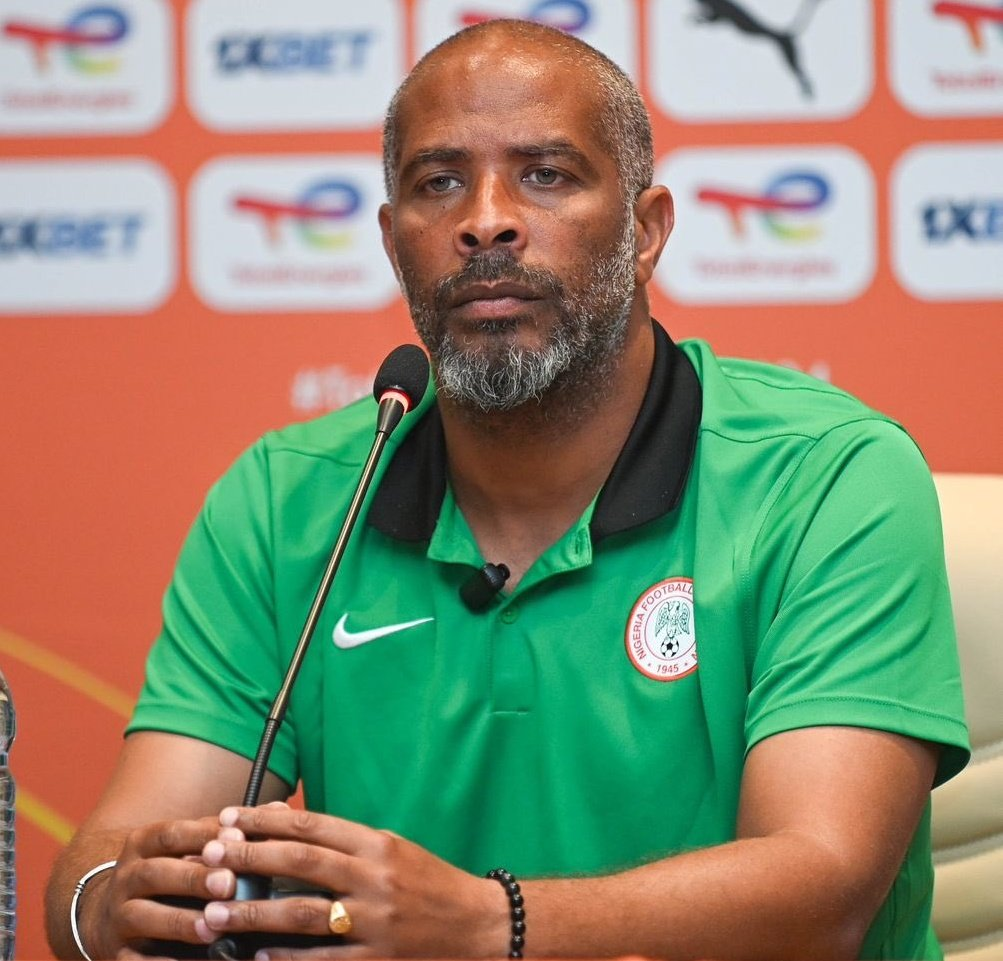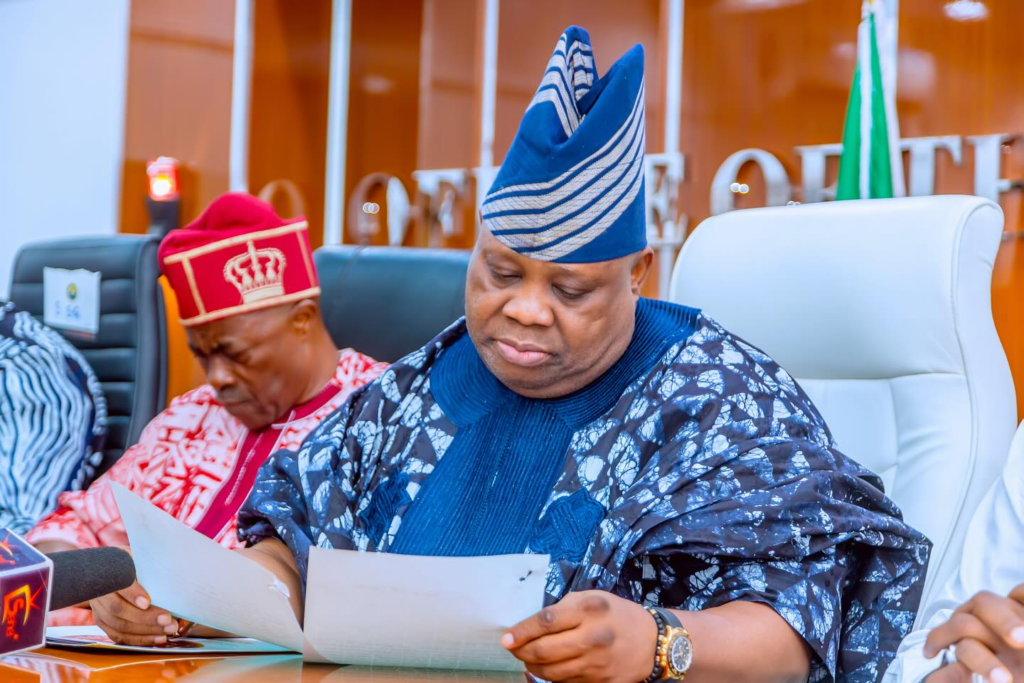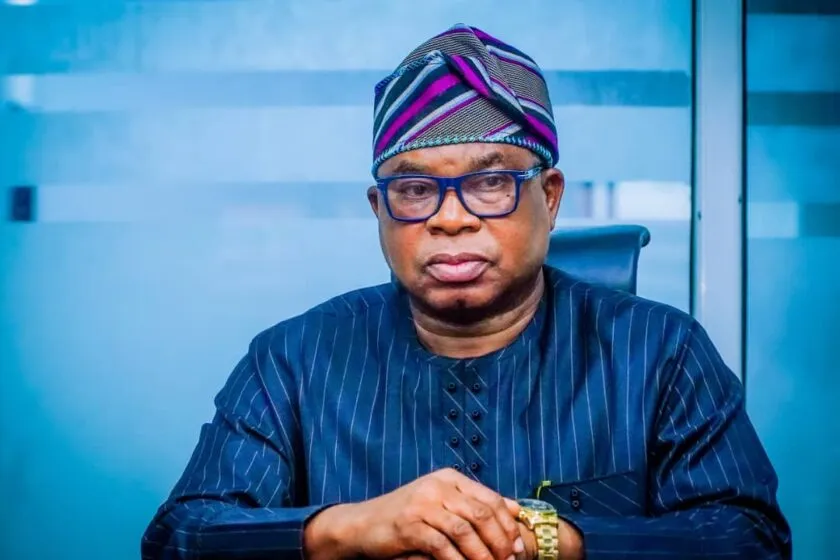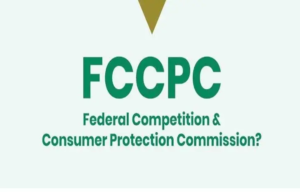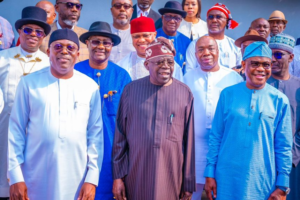On Friday, the Presidency launched a new initiative to bridge the gap between the government and local communities, focusing on grassroots development and humanitarian growth. This effort follows President Bola Tinubu’s establishment of the Presidential Community Engagement Office, aimed at supporting the poor and vulnerable.
During the launch of the South West Initiative For Transformation (SWIFT) Project, Senior Special Assistant to the President on Community Engagement (Southwest), Moremi Ojudu, explained that the office will act as a “super facilitator” between government agencies and local communities. The goal is to ensure citizens are informed about policies, programs, and projects that can enhance their lives.
Ojudu highlighted that the empowerment initiative will target five key areas: agriculture, education, enterprise development, health, and primary healthcare restoration. By engaging with local communities and providing necessary resources and support, the Presidency aims to restore trust in the government and promote efficient progress.
“Empowering communities is key to the President. Community engagement is the biggest tool the President is using to take back his policies, his projects, and his programs and ensure that these people have that renewed sense of hope,” Ojudu stated.
The initiative is part of the government’s efforts to renew hope and empower citizens, especially in rural and disadvantaged areas.
The Presidential Community Engagement Office will collaborate with development partners, implementation partners, and funding partners to achieve its goals and ensure that citizens are empowered to take control of their lives and communities.
Minister of Information and National Orientation, Mohammed Idris, praised the initiative for fostering collaborative solutions for sustainable development across the country. Represented by his Special Assistant, Research and Strategy, Saidu Ahmed, Idris emphasized the role of grassroots engagements in reorienting moral and socio-political values.
Idris mentioned that the “Renewed Hope Agenda” was designed to tackle development challenges inclusively, leveraging knowledge, foresight in leadership, and an understanding of the nation’s unique political economy. He highlighted ongoing Ministerial Sectoral Briefings to enhance the exchange of information between cabinet ministers and the populace.
Idris also pointed to recent multi-stakeholder collaborations, such as the High-Level Dialogue, underscoring the importance of cooperation across sectors for sustainable development.
He listed various policies and programs initiated in the administration’s first year, including the National Single Window for revenue generation, private sector outsourcing initiatives, loans for SMEs, education financing, agriculture interventions, and infrastructure development funds.





